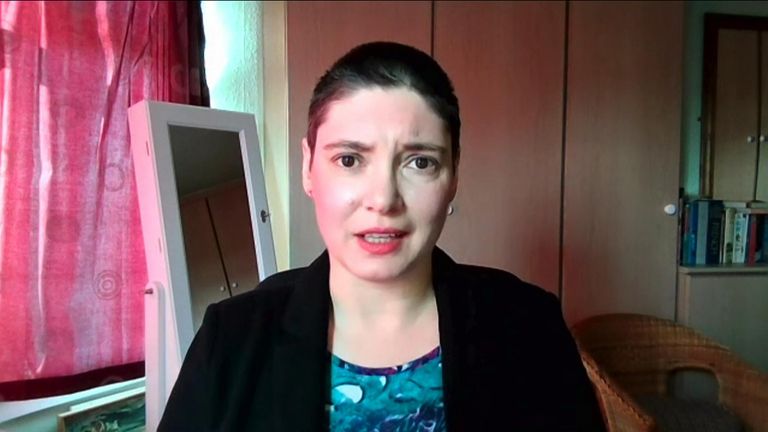Real wages fall by 1% as pay fails to keep up with inflation
Real wages fell by 1% between December 2021 and February 2022 as pay struggled to keep up with increasing inflation, according to the Office for National Statistics (ONS).
Regular weekly wages – excluding bonuses – increased by 4% between December 2021 and February 2022, but when adjusted for inflation actually dropped compared with the year before.
This was despite record job vacancies, which reached 1.3 million in January to March 2022.
The hit to workers reflects growing living costs, including hikes in national insurance contributions and energy bills.
Darren Morgan, director of economic statistics at the Office for National Statistics (ONS), said: “Basic pay is now falling noticeably in real terms.”
Pat McFadden, shadow chief secretary to the Treasury, said the figures show that “Conservative choices are leaving real wages squeezed and people worse off”.
“At a time like this, Rishi Sunak could have chosen a one-off windfall tax on huge oil and gas company profits to cut household energy bills by up to £600,” he said.
“Instead, he’s decided to make Britain the only major economy to land working people with higher taxes in the midst of a cost of living crisis.”
The chancellor said his government is “helping to cushion the impacts of global price rises through over £22 billion of support for the cost of living this financial year”.
“We’re also helping people to find new jobs, and ensuring work always pays as this is the best way to support households in the longer term,” he added.
Mr Sunak said the data shows the “continued strength of our jobs market”, emphasising that the number of employees on payrolls went up again in March and unemployment has fallen further below pre-pandemic levels.
The number of UK workers on payrolls grew by 35,000 between February and March to 29.6 million, according to the ONS, but this was the smallest monthly increase since February last year.
The unemployment rate fell to 3.8% in the three months to February – the lowest figure since December 2019 and down from 3.9% in the previous three-month period.
But Mr Morgan said that “we are still seeing rising numbers of people disengaging from the labour market, and as they aren’t working or looking for work, are not counted as unemployed”.
He added that job vacancies increased at their slowest rate for nearly a year despite hitting a new record.
The squeeze on households is likely to worsen as the Bank of England predicted that inflation will reach 8% this year after hitting a new 30-year-high of 6.2% in February.
Follow the Daily podcast on Apple Podcasts, Google Podcasts, Spotify, Spreaker
The Office for Budget Responsibility recently warned that households will experience the biggest fall in real incomes since records began in 1956, forecasting a drop of more than 2.2% this year.





